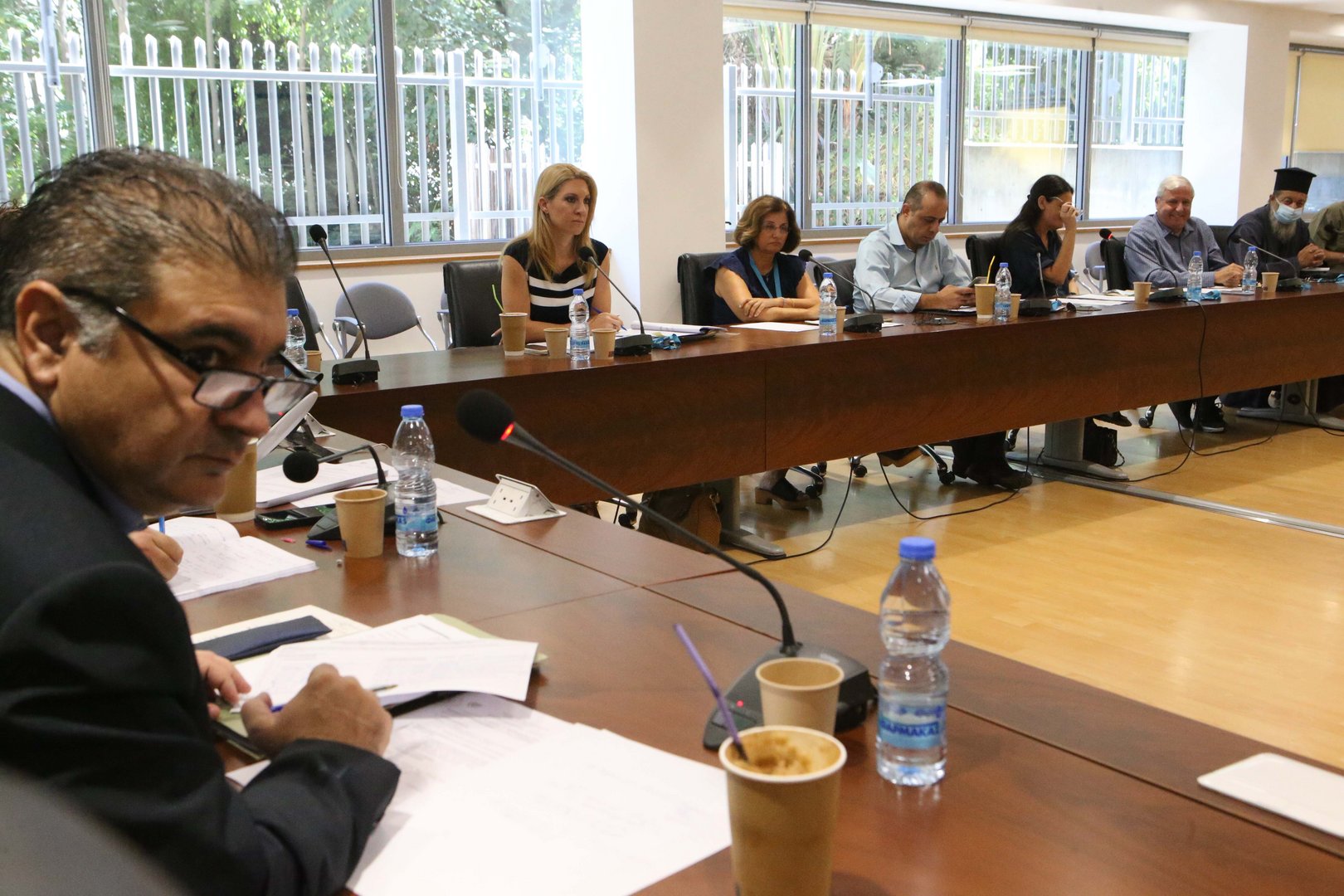A quarter of the people currently working for the government department charged with managing Turkish Cypriot properties have benefitted from owning such a property, the House Refugees Committee heard on Tuesday.
According to committee chairman Nicos Kettiros, a list submitted to the committee showed a total of 16 individuals from the 68 in the service had benefitted from these properties.
The committee heard that the 16 individuals received a property themselves or through companies in which they are shareholders, or family members did.
“The list needs to be handled carefully to prevent a witch hunt,” Kettiros told CyBC after the meeting.
The list, he said, will be sent to the Audit office, which is already conducting a review into Turkish Cypriot properties being used for business purposes.
The house committee will also be sending the list to the Attorney General’s office to determine if there were any illegal actions committed in receiving these properties.
Interior Minister Nicos Nouris, under whose jurisdiction the service operates, said the entire list will need to be seen by the Data Protection Commissioner Irene Nicolaidou-Loizidou to determine no privacy matters were overlooked.
He added that in October a new proposal will be submitted to make the law clear over who is allowed to benefit from Turkish Cypriot properties.
Kettiros told the Cyprus Mail that the Attorney General’s office is already looking into creating more specific criteria on who can benefit from these properties.
He said the committee will next week discuss the list further in the presence of the Attorney General, the Audit office, and the interior minister.
“The reason why we want a detailed check is to isolate only the cases where there is a problem and not to have a general list against all employees of the service who own Turkish Cypriot properties,” he said.
Kettiros said that the checks need to be conducted as there are cases where an employee was a child and not working in the service when their parent received a Turkish Cypriot property.
There are also cases, where the employee received the property when they were working at the service.
“I don’t know if it they received a property unfairly, irregularly or illegally, but this should definitely be investigated,” he said.
Regarding the list, Kettiros told the Cyprus Mail that it only concerns the current employees and that looking into previous employees of the service would need to be done by the Audit Office, if deemed necessary.
Last week, Kettiros said he had requested the list from the Turkish Cypriot properties management service six months ago.
He added that he and other members of the House committee had received complaints about members of the service.
Kettiros clarified that it may not be illegal for a member of the service to have such a property, rather it is a conflict of interest to work in the service dealing with these properties, while also benefitting from them.
In a statement last Tuesday, spokesman of the Audit Office Marios Petrides said an investigation was already underway regarding use of Turkish Cypriot properties for retail purposes.
According to Petrides, the service is examining whether public sector officials and members of advisory committees on Turkish Cypriot properties have these properties, or whether their family members have one these properties, and under which conditions they obtained them, as well as the rent they pay.
The same day, Paphos Mayor Phedonas Phedonos said Turkish Cypriot properties in the Mandria area were being mismanaged, resulting in a “multi-million-euro scandal”.
According to Phedonos, the properties in question were not used solely for housing of Greek Cypriot refugees after the 1974 Turkish invasion but had instead been turned into areas of commercial use.
In June, parliament passed a bill that would allow for the commercial use of Turkish Cypriot properties, which was not the case before.
Before the bill was passed, properties belonging to Turkish Cypriots – and under the custody of the interior ministry since 1974 – could only be used for residential purposes.
The new law allows residents to also use the properties – in whole or in part – as business premises.
However, Phedonos said: “It is a cover up to hide the scandals that are hidden behind the management of Turkish Cypriot properties and the illegal enrichment that Greek Cypriot refugees and Greek Cypriot non-refugees have been enjoying for decades.”
He added that some of the properties in Mandria were handed to politicians who had previously held key positions.






Click here to change your cookie preferences